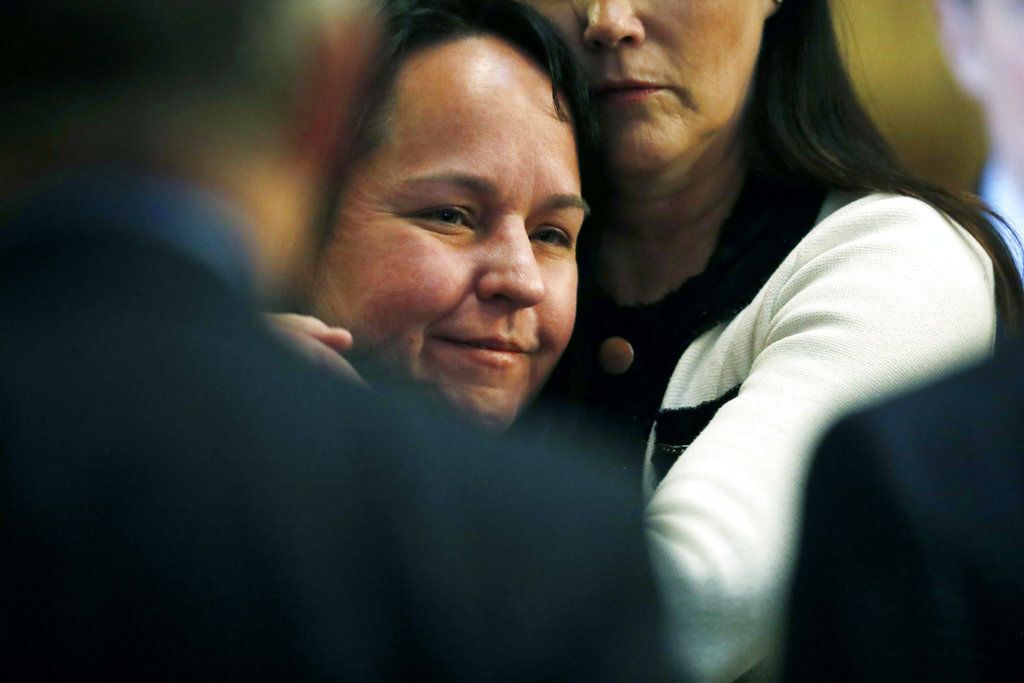Colorado uninsured population reaches ‘historic’ low — but there’s a catch

The number of uninsured Coloradans reached historic lows in 2023, early results from the Colorado Health Institute’s Colorado Health Access Survey showed.
The uninsured rate dropped to 4.6% in 2023, after staying at roughly 6.5% since 2015, the group said, noting it’s the lowest level in the survey’s history.
But the survey notably doesn’t reflect the end of the public health emergency that resulted in millions being dropped off Medicaid rolls nationwide.
In Colorado, that’s about 300,000 people. In May and June alone, more than 100,000 Coloradans were “disenrolled” from Medicaid.
The state is taking advantage of the full year allowed under federal law to complete renewals for all 1.75 million Coloradans enrolled on Medicaid. That period will last until at least April 2024, according to the state Department of Health Care Policy and Financing.
The group’s survey said the Western Slope continues to have the highest uninsured population in the state, but the group didn’t have data from some of the Front Range’s largest counties, including Boulder, Broomfield, Douglas and Larimer. The group said these areas yielded “insufficient data to report results.” The group didn’t explain why.
The highest uninsured rate was 12.6% in the I-70 mountain corridor counties of Summit, Pitkin, Eagle, Garfield and Grand.
“We were happy to see such a steep drop in Colorado’s uninsured rate. Health insurance is essential to access health care,” said Sara Schmitt, the group’s president and CEO. “The pandemic was a terrible experience, but these results show that smart, decisive policy choices can make a real difference in people’s lives.”
The survey also looked at respondents’ views on mental health, housing instability and climate change.
One in four (26.2%) reported poor mental health in 2023. That’s an all-time high but statistically unchanged from 2021, the survey noted. As mental health worsened, so did access to care, the survey said, adding that about 17.0% of respondents said they could not get the mental health care they needed in 2023, most often because they could not get an appointment.
The Health Access Survey is conducted every other year. Data on margin of error, demographic information on respondents, and when the survey was conducted was not available. The group said it surveyed 10,000 households, but it didn’t specify which polling methodology it used and what the survey timeframe was.
The survey’s full results will be available in February 2024, the group said.













